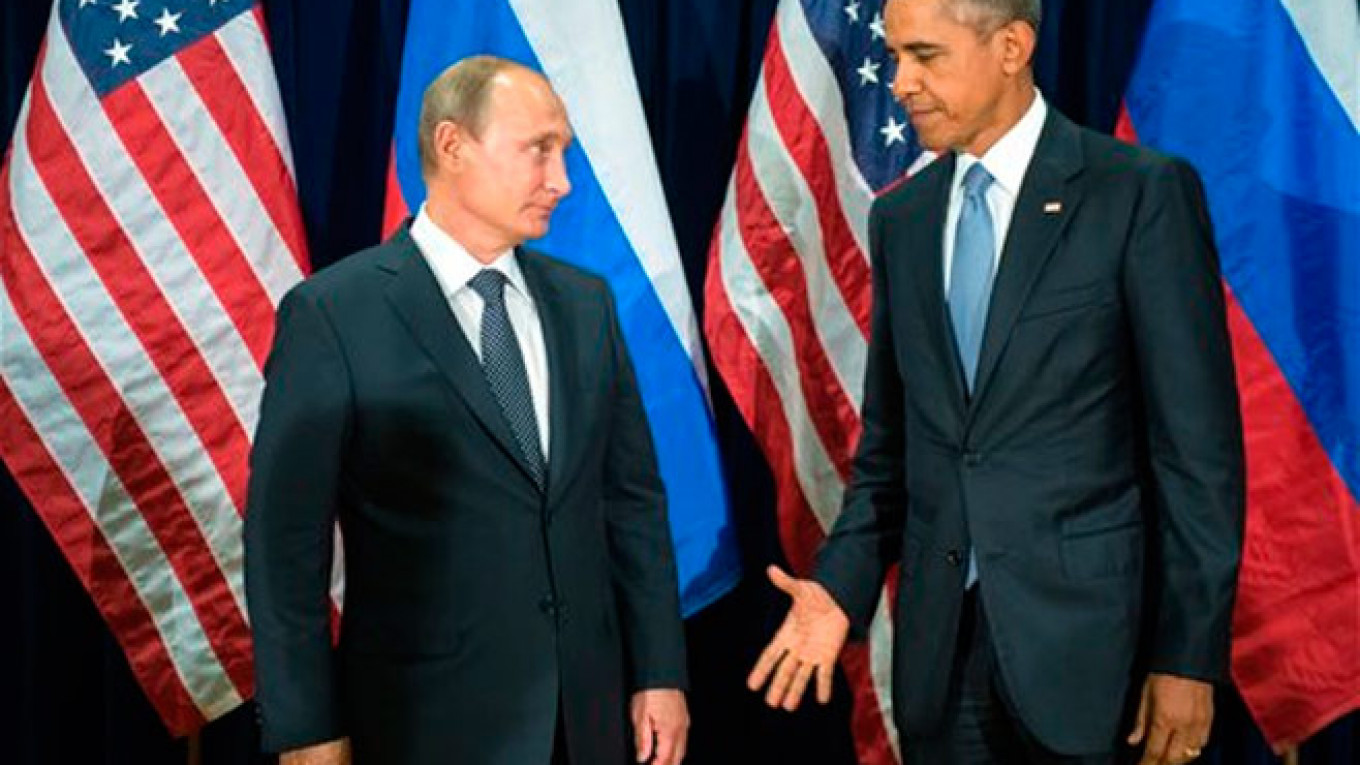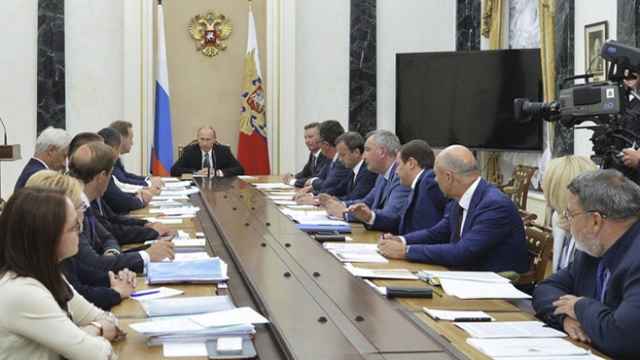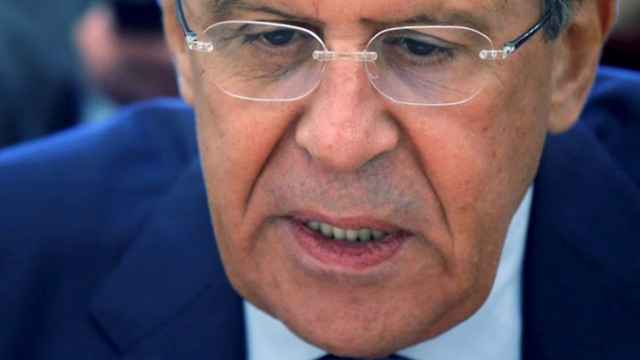The U.S.-Russia relationship has been in the doldrums since early 2014 over Russia's shenanigans in Ukraine, but Moscow's dive into Syria's civil war is really pushing it off the cliff.
It did not have to be this way. One of Moscow's objectives in its Syrian gambit was to relaunch the strategic relationship with Washington built around the common purpose of defeating the Islamic State.
Faced with the need to rescue Syrian President Bashar Assad's regime and seeing the U.S.-led war on the Islamic State stumble, the Kremlin offered Washington a joint military campaign to defeat the Islamic State while working with Assad and the Syrian opposition on a political transition.
Moscow hinted it would push to strengthen Assad militarily to prevent state collapse, and then work to transition him out, but did not give the U.S. a heads up on its plans for deploying Russian air and ground assets to Syria in partnership with Iran.
The White House now believes the Kremlin deliberately misled it with talk about war against the Islamic State and negotiating Assad's exit, while planning its air campaign to support Assad's offensive against the non-Islamic State opposition. Moscow's reading is that it had the U.S. nod for a larger Russian security role in Syria to safeguard Assad's stronghold of Latakia and believed it had brought the U.S. around to Russia's view that Assad would stay for the orderly transition.
Those views clashed in the Putin-Obama bilateral meeting on Sept. 28 in New York, when Obama refused to accept Assad as an ally against the Islamic State, while berating Putin on Ukraine and eliding geopolitical horse-trading. There still was room to work out a cooperative plan for joint strikes against the Islamic State, launch transition talks and end Assad's attacks against civilians.
Putin decided to escalate to bring Obama back to the negotiating table. Russian air strikes against the U.S.-backed rebels and incursions into Turkish airspace were designed to goad Washington into a tense military standoff that would result in superpower-style dealmaking.
Obama dodged the fight. He is now prepared to let Putin fully own the Syrian mess, refusing to consider it a true measure of geopolitical leadership. A piqued Putin now feels he no longer needs Obama to succeed, hoping to exit Syria in time by cutting deals with the EU, Turkey and Saudi Arabia. The U.S.-Russia relationship is on hold until there is a change in the White House in 2017.
Vladimir Frolov is president of LEFF Group, a government relations and PR company.
A Message from The Moscow Times:
Dear readers,
We are facing unprecedented challenges. Russia's Prosecutor General's Office has designated The Moscow Times as an "undesirable" organization, criminalizing our work and putting our staff at risk of prosecution. This follows our earlier unjust labeling as a "foreign agent."
These actions are direct attempts to silence independent journalism in Russia. The authorities claim our work "discredits the decisions of the Russian leadership." We see things differently: we strive to provide accurate, unbiased reporting on Russia.
We, the journalists of The Moscow Times, refuse to be silenced. But to continue our work, we need your help.
Your support, no matter how small, makes a world of difference. If you can, please support us monthly starting from just $2. It's quick to set up, and every contribution makes a significant impact.
By supporting The Moscow Times, you're defending open, independent journalism in the face of repression. Thank you for standing with us.
Remind me later.








